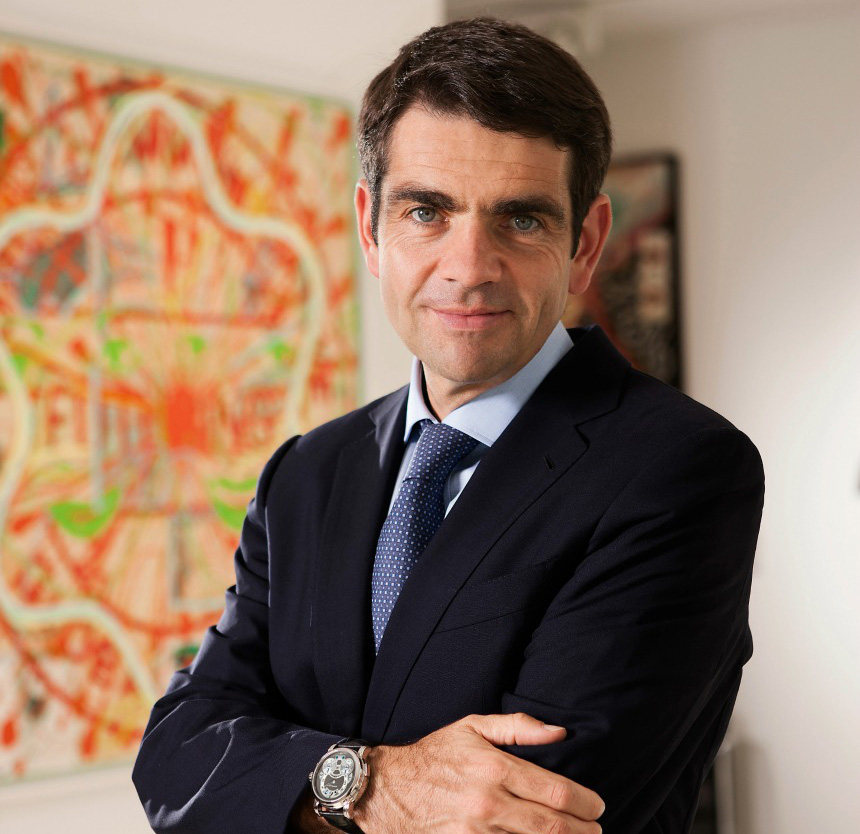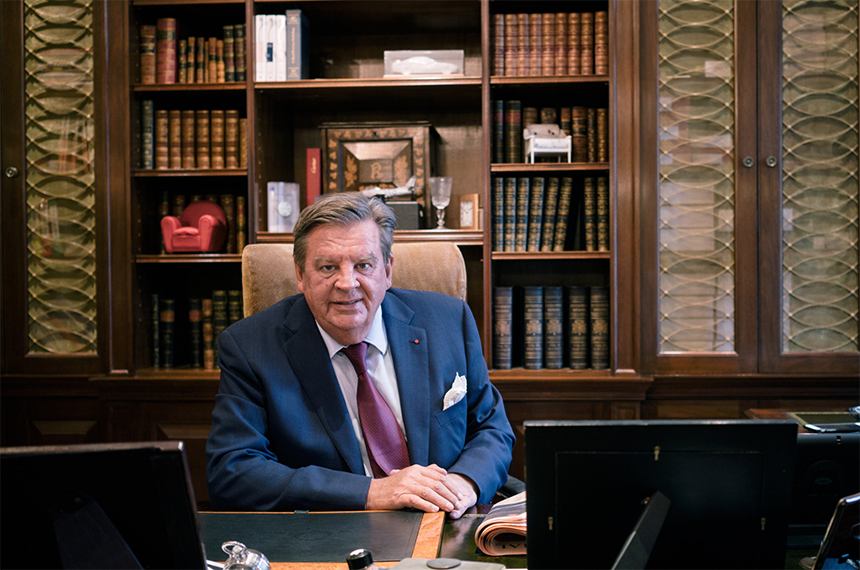
The Richemont Group, among the several major luxury watch brand conglomerates, has today announced the creation of a new executive role of Chief Operating Officer and it will be immediately filled by a familiar industry name, that of Jérôme Lambert. This means that Mr. Lambert will have direct responsibility for the daily operations of all the group’s “maisons” – except Cartier and Van Cleef & Arpels. Also in a newly created role, assisting Mr. Lambert will be Emmanuel Perrin as Head of Specialist Watchmakers Distribution. Let’s try to make sense of these titles, and what they might mean for the products we love.
You might remember Jérôme Lambert from Richemont Group watch executive roles such as Jaeger-LeCoultre CEO and later Montblanc CEO until April 2017. His role at Richemont until earlier this year was called Head of Operations, so his new title doesn’t seem like a major leap. He has been considered successful in these past roles and you can learn more about Jérôme Lambert and his approach to leading Montblanc in our interview here.
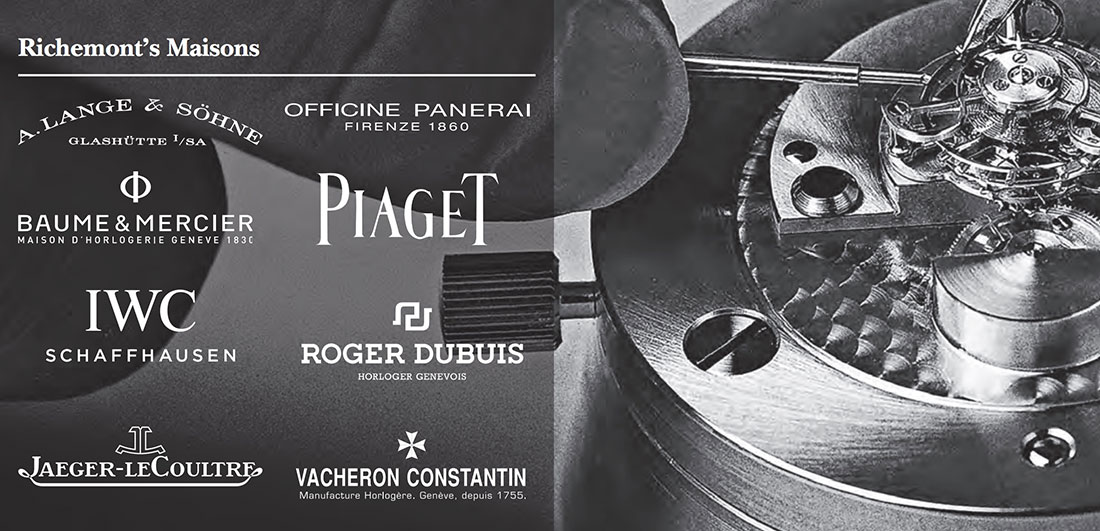
Richemont’s “Maisons” are divided into Jewellery Maisons, Specialist Watchmakers, and Other Businesses. Cartier and Van Cleef & Arpels comprise the Jewellery Maisons, which helps explain why they are treated differently. Montblanc, by the way, also being well-known as a maker of pens and leather products, falls under Other Businesses along with brands that make various non-watch luxury goods.
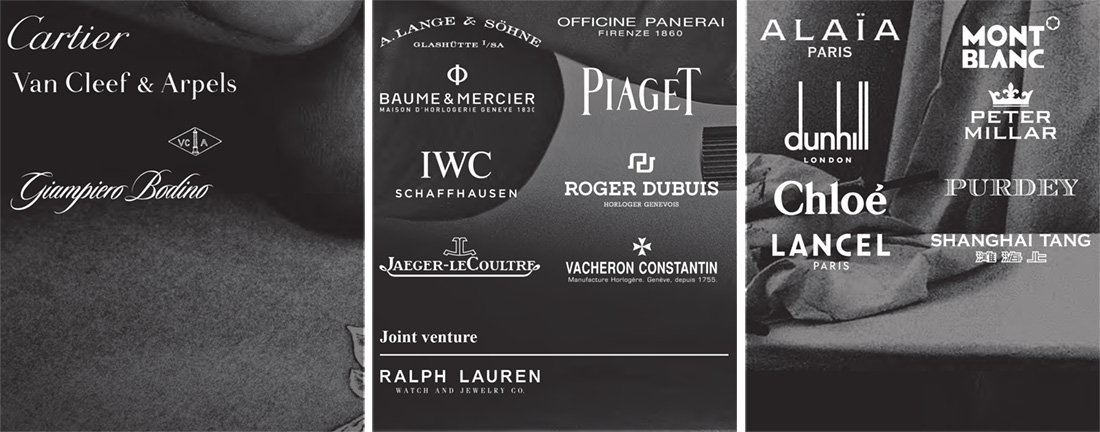
Richemont’s Jewellery Maisons, Specialist Watchmakers, & Other Businesses as highlighted in their 2017 Annual Report.
What will Mr. Lambert be doing? The role of a Chief Operating Officer (COO) is generally second in line of executive authority after the CEO and is broadly in charge of day-to-day company operations. Recall that, in response to poor results across the industry, Richemont had something of a management shakeup around this time in 2016, in which they announced the abolition of the CEO role altogether. So that leaves Mr. Lambert as the highest ranking executive at the company.
However, as board chairman and sole major shareholder (also Managing Partner as well as chairman of the board’s Nominations and Senior Executive committees), Johann Rupert will continue to have the final word. While not technically an executive, Mr. Rupert owns around 9% of the company and is the only shareholder with significant holdings, but his special class “B” shares are valued less than the public “A” shares, are held only by him (and his family), and represent 50% of the voting rights. That gives him the power to make changes in management, etc., more or less unilaterally if he so desires. So that should be kept in mind when considering who’s “in charge” at Richemont.
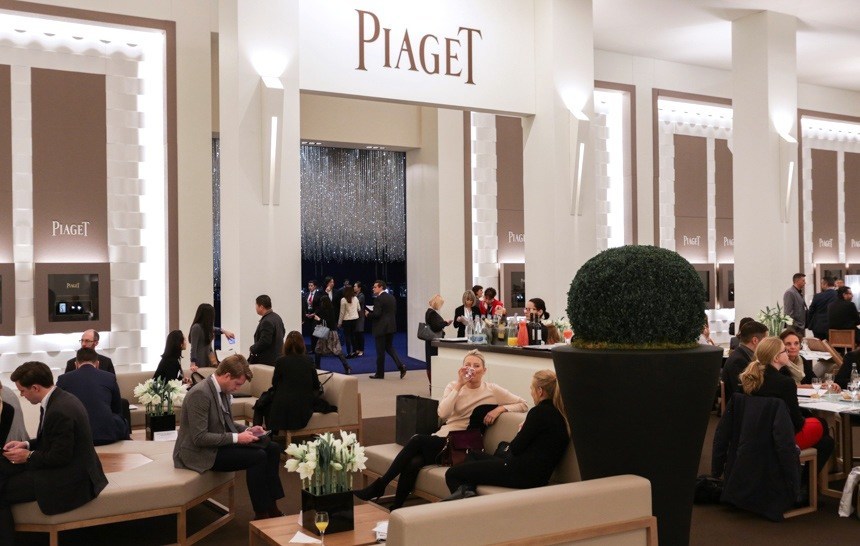
“Each Maison is run as an independent entity, ensuring that each Maison remains unique,” says the company’s website in explaining its corporate organization. However, that would seem contradicted by Mr. Lambert being “responsible for all Maisons.” In the end – it’s almost a cliche to say it – the interests of shareholders often incentivize decisions aimed at quick profits and short-term growth, and being part of a group can lead to brands getting positioned within the group in relation to other brands, directed from above, and result in less freedom than they would have if independent. This situation does not always lend itself to long-term health, creativity, or to the type of personality many want to see – and that must be particularly true for watches, where the word “timeless” is bandied around and products are ostensibly meant to last for generations. On the other hand, brands sometimes would not survive at all on their own and can benefit from the resources of the group and sister brands.

Mr Rupert’s ominous message back at the end of 2016 when there was general economic panic across the industry, was that “underperforming brands need to be fixed or sold” – as it was necessary to show that strong action was being taken. Former CEO of IWC Georges Kern only lasted four months as Head of Watchmaking at the group after being appointed at that time. So, while all the major watch industry groups have begun reporting relatively positive figures this year in what they are calling a “recovery,” it remains to be seen how Mr. Lambert may be able to affect Richemont’s business – and ultimately what matters most to us: the products. richemont.com

